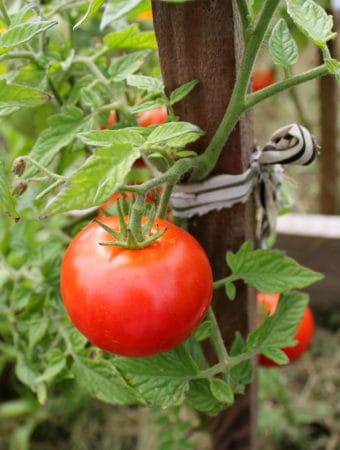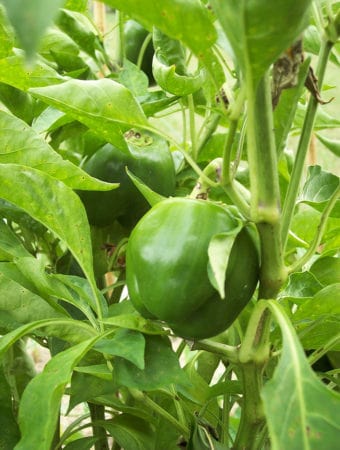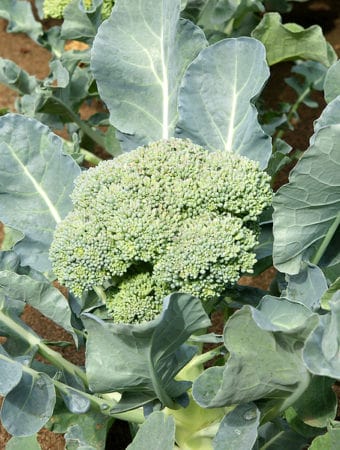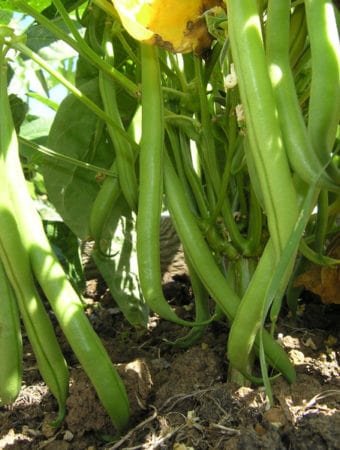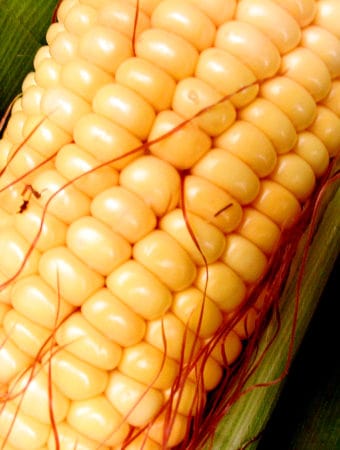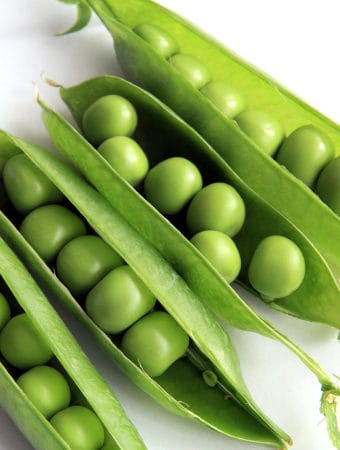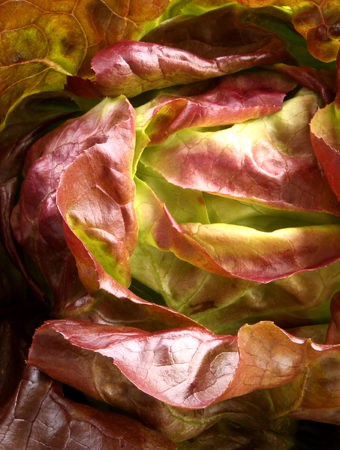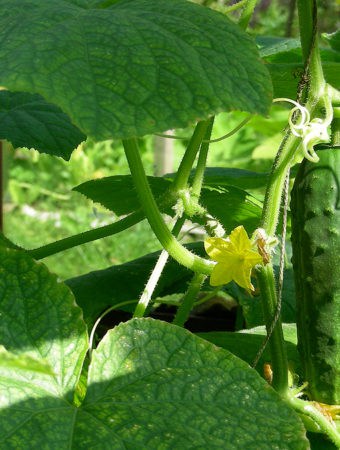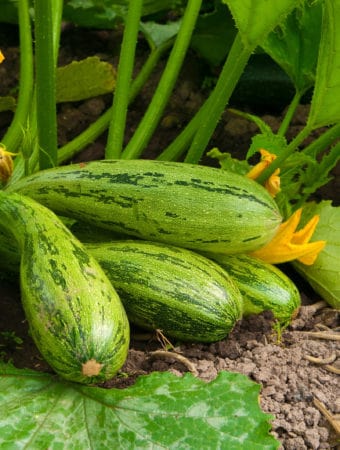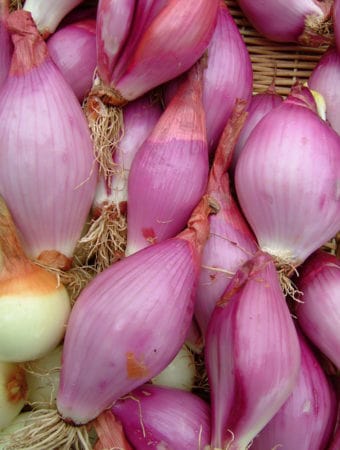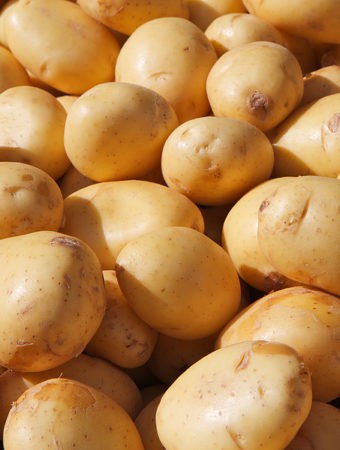Linum bears clusters of saucer-shaped blue, yellow, or white flowers in summer. Linum is the botanical name given to flax. The genus contains about 200 species of annuals and perennials.
The Linum genus includes several favorite flower garden subjects. Linum bears numerous, delicate 5-petaled flowers. Plants are clump-forming with lance-shaped grayish-green leaves.
Linum blooms from late spring into summer or fall. Each bloom lasts only one day, but plants steadily produce new flowers. Placed in full sun in the garden, flax will bloom abundantly but will not stand frost.
Seeds of the annual species may be sown where plants are to stand or they may be sown indoors and set in the garden after the last frost in spring. Most perennial kinds live for 3 to 4 years and should be replaced often.
Flax used to make fiber is Linum usitatissimum. It is also used to make linseed oil.
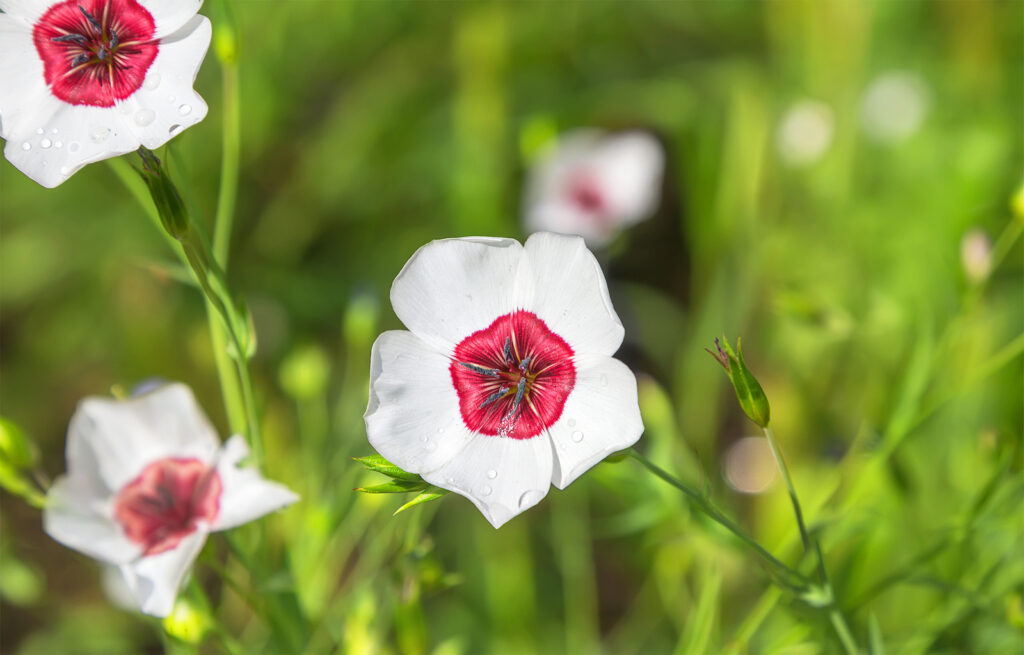
Get to know Linum
- Plant type: Perennials and annuals
- Growing Zones and range: Zones 5 to 8
- Hardiness: Perennials hardy to -10°F (-23°C)
- Height and width: 18 to 24 inches (45-61cm) tall; 12 (30cm) wide
- Foliage: Gray-green leaves are slender and grasslike
- Flowers: Shallow-cupped, five-petaled flowers 1 to 2 inches wide; flowers bloom on arching stems
- Flower colors: Violet, blue-violet, white, red, pink
- Bloom time: Late spring to early summer
- Uses: Mixed flower beds and borders; meadow and cottage gardens
- Common name: Flax
- Botanical name: Linum species
- Family: Linaceae
- Origin: Grassland in temperate areas of North America
Where to plant Linum
- Plant Linum in full sun to part shade.
- Grow Linum in average to humus-rich well-drained soil.
- Wet soil in winter is fatal to Linum.
- Linum prefers a soil pH of 5.0 to 5.5.
Linum uses and companions
- Grow Linum in mixed beds and borders.
- Use larger pernnial species for a order; use smaller speciea for a rock garden.
- Grow annuals in an annual border or as fillers in a herbaceous border.
- Good garden companions for Linum are Coreopsis, Euphorbia, Gaillardia, Gazania, Oenothera.
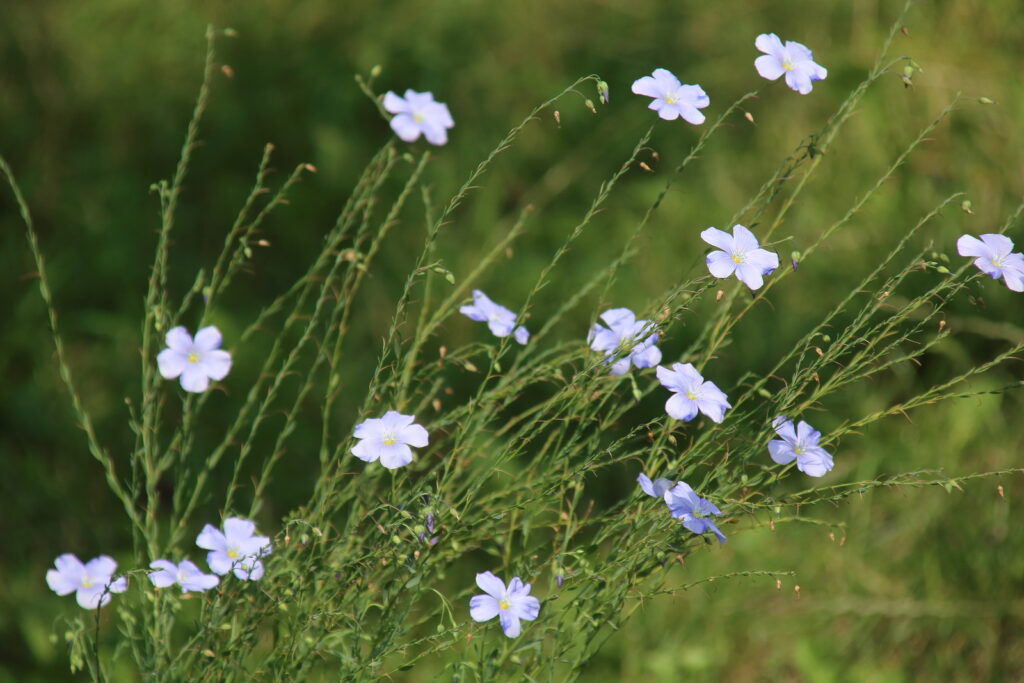
When to plant Linum
- Set established Linum into the garden in spring.
- Sow seeds of annual Linum outdoors a few weeks before the last frost in spring.
- Linum can be started indoors 6 to 8 weeks before the last frost for transplanting out after the last frost. Outdoor sowing is usually best.
- In Zones 7 and warmer, seeds can be sown outdoors in late summer or fall for bloom the following year.
Planting and spacing Linum
- Sow seed 1/8 to 1/4 inch deep in evenly prepared soil or indoors in sterile seed-starting mix in six-packs or flats.
- Space Linum 12 inches (30cm) apart in the garden.
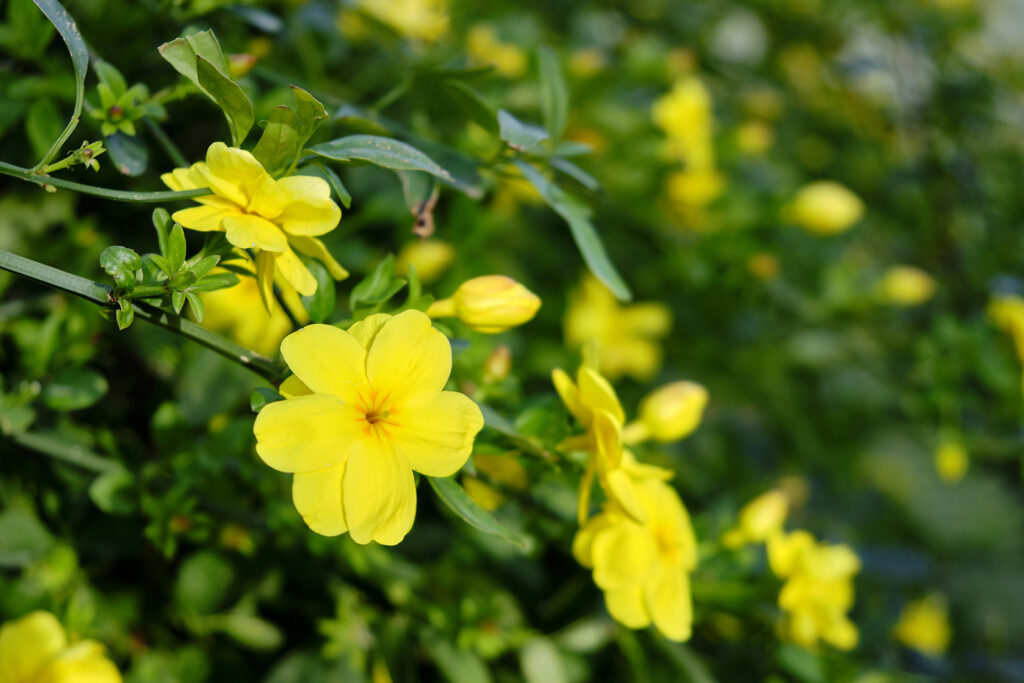
How to water and feed Linum
- Linum needs moderate water; keep the soil evenly moist. Mature plants are drought tolerant.
- Linum does not require regular fertilizing.
Linum care
- Mulch around Linum to conserve soil moisture. Mulching may retard the plant’s self-sowing.
- Cut plants by one-half after flowering to prevent plants from flopping over.
- Linum is easily lifted and transplanted.
Linum pests and diseases
- Linum is prone to damage by grasshoppers.
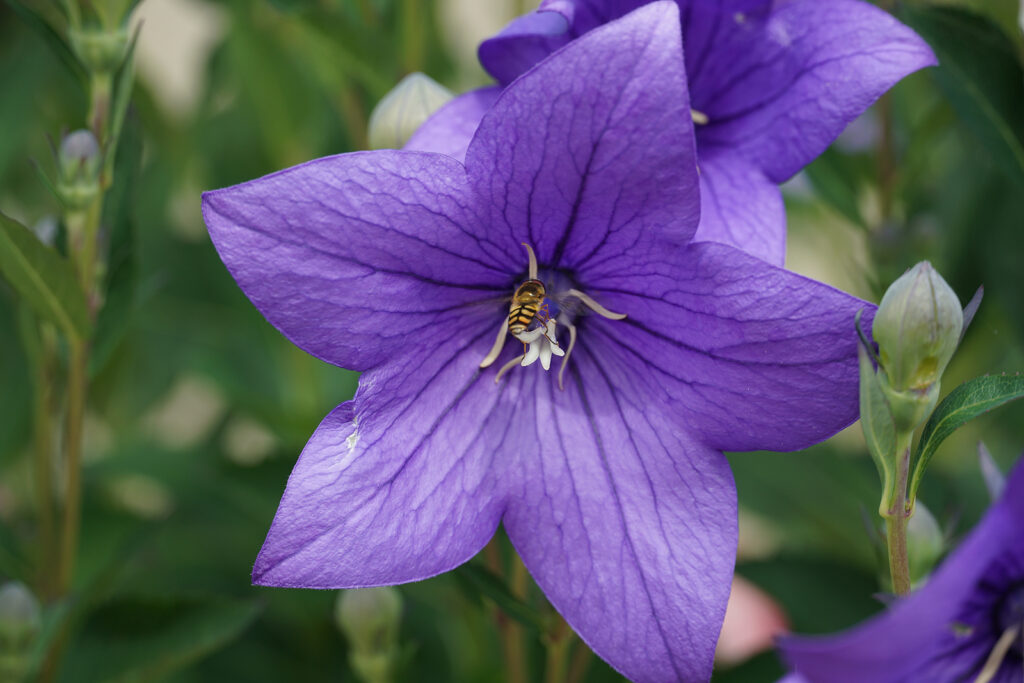
Linum propagation
- Annual and perennial Linum tend to self-sow.
- Seeds will germinated in 21 to 28 days at 70°F (21°C). Sow seeds in spring or autumn.
- Perennial Linum can also be propagated by division in spring or fall.
Linum varieties to grow
- Linum flavum, golden flax, yellow flax: Perennial grows to 18 inches (45cm); bears clusters of 1-inch-wide funnel-shaped yellow flower in summer; ‘Compactum’ grows to 8 inches (20cm) high.
- L. grandiflorum, flax: Annual grows to 36 inches (91cm) tall; bears saucer-shaped flowers to 2 inches wide in shades of lilac-blue, red, white, or pink.
- L. narbonense, Narbonne flax: Perennial grows to 24 inches (61cm) tall and wide; bears clusters of blue flowers with white eyes; cultivar ‘Heavenly Blue’ bears rich blue flowers.
- L. perenne, perennial flax: Wiry-stemmed and heat tolerant; grows to 12 inches (30cm) tall; rich blue flowers; cultivars include: ‘Saphyr’ has sapphire blue flowers in 8 to 10-inch plants; ‘Diamond’ has white flowers that grow to 10 inches tall.


